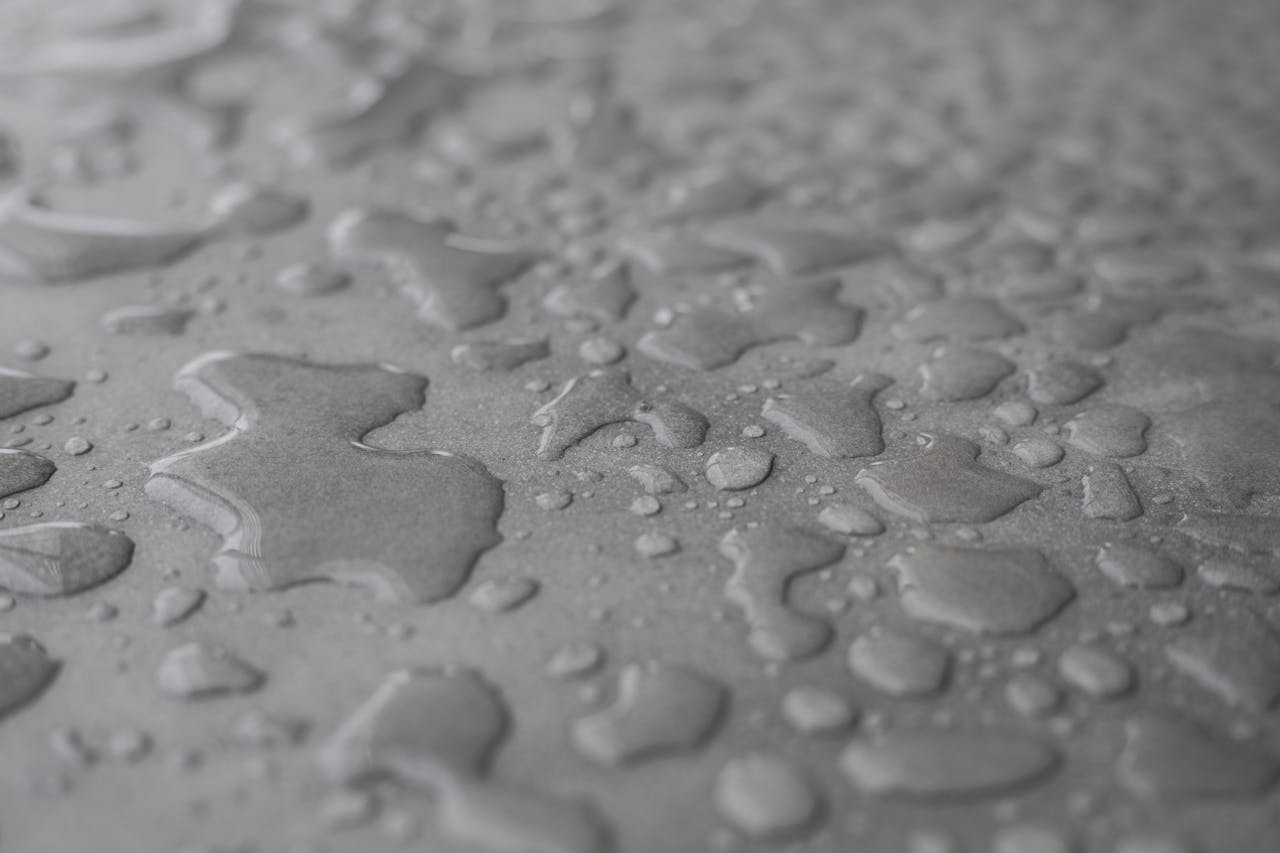Retinoids are a type of vitamin A derivative that have been used in skincare products for decades. They are considered to be one of the most effective skincare ingredients for improving the overall appearance of the skin. Retinoids are known for their ability to unclog pores, reduce the appearance of fine lines and wrinkles, and even out skin tone. In this blog post, we will explore the benefits of retinoids for the skin and how they can help you achieve a healthier, more youthful complexion.
Improving Acne/ reducing comedones:
Retinoids work by increasing cell turnover, which helps to unclog pores and reduce the formation of acne. Retinoids are also effective in reducing the appearance of acne scars and hyperpigmentation caused by acne.
Comedones, also known as blackheads and whiteheads, are a common skin concern that can be difficult to treat. Retinoids are highly effective in reducing comedones by unclogging pores and preventing the formation of new ones. Over time, retinoids can help to minimize the appearance of comedones and give the skin a smoother, more even texture.
Improving Fine Lines and Wrinkles:
Retinoids are well-known for their anti-aging properties. They work by stimulating collagen production in the skin, which helps to reduce the appearance of fine lines and wrinkles. Retinoids can also improve skin texture and tone, making the skin look more youthful and radiant.
Evening Skin Tone:
Retinoids can help to even out skin tone by reducing the appearance of hyperpigmentation and dark spots. They work by inhibiting the production of melanin, which is responsible for skin discoloration. With regular use, retinoids can help to give the skin a more even, radiant complexion.
Retinoids are a highly effective skincare ingredient that can help to improve the overall health and appearance of the skin. If you are considering incorporating retinoids into your skincare routine, it is important to start with a low concentration and gradually increase it over time to minimize skin irritation. VETTED Dermlab's R Retinoid Serum is formulated with hydroxypinacolone retinoate and nourishing emollients, and does not have any additives that are common allergens. We designed it this way so that is safe and effective for all skin types. Consult with a dermatologist if you are unsure which retinoid product is best for you.
Some tips from our founders on how to incorporate retinoids into your skincare routine:
- After cleansing with a gentle (non-exfoliant, non-medicated) cleanser at bedtime, apply 1-2 drops of VETTED Dermlab R Retinoid Serum (or a pea sized amount of your preferred retinoid) to your face and/or neck area.
- Allow to dry and apply your favorite moisturizer on top.
- Depending on the kind of retinoid you are using, whether you are a new or experienced retinoid user and how sensitive your skin is, we recommend using a few nights a week (3-4) to start, and slowly increasing the frequency of use to minimize irritation.
- Be sure to wear sunscreen in the daytime since retinoids can make your skin more sensitive to the sun.
References:
-
Sorg O, Antille C, Kaya G, Saurat JH. Retinoids in cosmeceuticals. Dermatol Ther. 2006;19(5):289-296. doi:10.1111/j.1529-8019.2006.00084.x
-
Tanghetti EA, Dhawan S, Green L, Ling M, Downie J, Jarratt M, et al. Randomized controlled trial comparing adapalene gel 0.3% to tretinoin microsphere 0.1% in the treatment of acne vulgaris: analysis of efficacy and safety outcomes. J Drugs Dermatol. 2014;13(6):666-671.
-
Kang S, Duell EA, Fisher GJ, et al. Application of retinol to human skin in vivo induces epidermal hyperplasia and cellular retinoid binding proteins characteristic of retinoic acid but without measurable retinoic acid levels or irritation. J Invest Dermatol. 1995;105(4):549-556. doi:10.1111/1523-1747.ep12320235
-
Mukherjee S, Date A, Patravale V, Korting HC, Roeder A, Weindl G. Retinoids in the treatment of skin aging: an overview of clinical efficacy and safety. Clin Interv Aging. 2006;1(4):327-348. doi:10.2147/ciia.2006.1.4.327
-
Perez-Sanchez A, Barraza-Garza G, Rodriguez-Dorantes M, et al. Clinical efficacy and safety of topical versus oral retinoids in the treatment of acne vulgaris: a systematic review and meta-analysis. Dermatol Ther (Heidelb). 2021;11(1):97-114. doi:10.1007/s13555-020-00467-6
-
Varani J, Warner RL, Gharaee-Kermani M, et al. Vitamin A antagonizes decreased cell growth and elevated collagen-degrading matrix metalloproteinases and stimulates collagen accumulation in naturally aged human skin. J Invest Dermatol. 2000;114(3):480-486. doi:10.1046/j.1523-1747.2000.00905.x
-
Kang S, Duell EA, Fisher GJ, et al. Application of retinol to human skin in vivo induces epidermal hyperplasia and cellular retinoid binding proteins characteristic of retinoic acid but without measurable retinoic acid levels or irritation. J Invest Dermatol. 1995;105(4):549-556. doi:10.1111/1523-1747.ep12320235
-
Ganceviciene R, Liakou AI, Theodoridis A, Makrantonaki E, Zouboulis CC. Skin anti-aging strategies. Dermatoendocrinol. 2012;4(3):308-319. doi:10.4161/derm.22804
-
Fabi SG, Goldman MP, Carniol PJ, et al. The efficacy and safety of a retinol and niacinamide containing moisturizer in the treatment of acne. J Drugs Dermatol. 2013;12(4):455-458.
-
Ganceviciene R, Liakou AI, Theodoridis A, Makrantonaki E, Zouboulis CC. Skin anti-aging strategies. Dermatoendocrinol. 201

